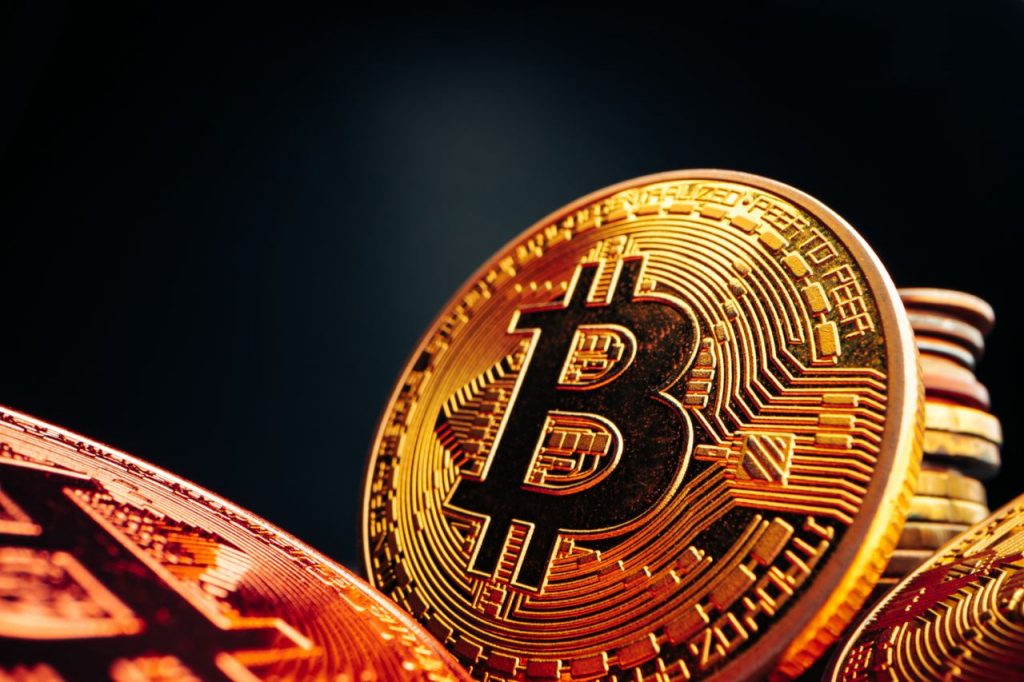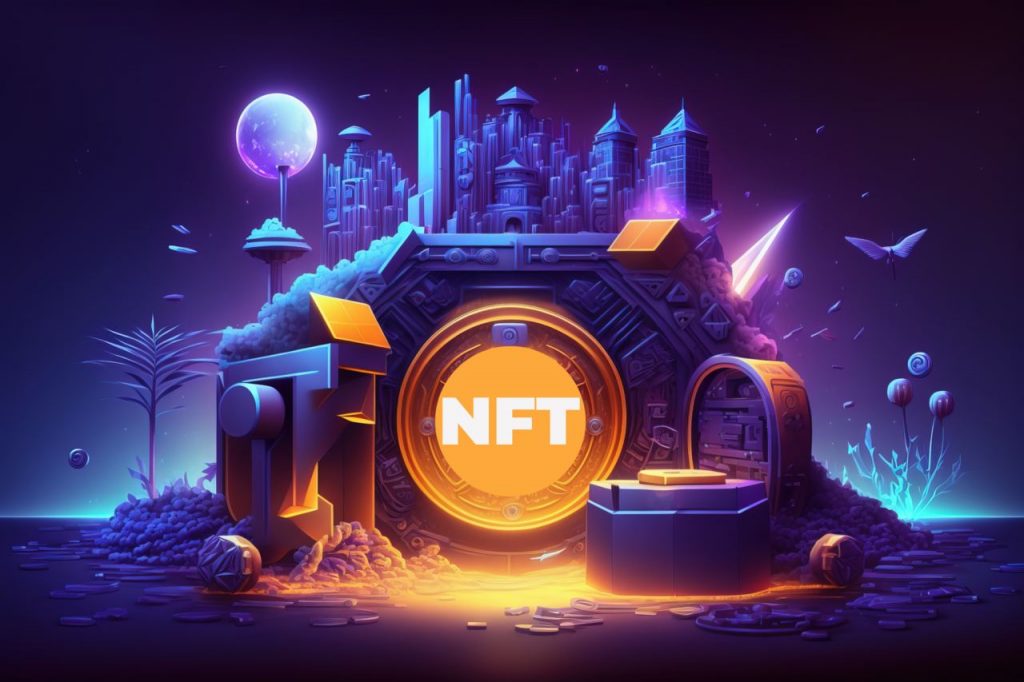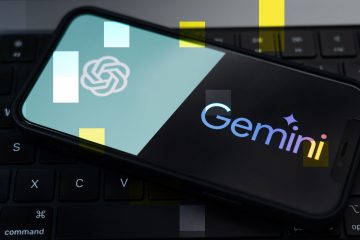- The digital asset management market is expected to grow from $3.4 billion in 2020 to $6.0 billion by 2025 at a compound annual growth rate (CAGR) of 12.0%. (Source: MarketsandMarkets)
- The global cryptocurrency market capitalization reached $1.42 trillion in February 2021, up from $191 billion in January 2020. (Source: Statista)
- In 2020, the total value of NFT sales reached $250 million, up from $62 million in 2019. (Source: NonFungible.com)
In today’s fast-paced and digitally-driven world, the concept of digital assets has become increasingly popular. Digital assets are any information or data that have value and can be stored and exchanged electronically. From cryptocurrencies to digital art, countless examples of digital assets are gaining momentum.
In this blog, we will explore the various use cases of digital assets and why they are gaining popularity among investors and businesses. We will also discuss the benefits and risks of digital assets and how they transform traditional business methods.
Understanding Digital Assets: Definition and Examples
Digital assets refer to any asset that exists in electronic form. This can include cryptocurrencies such as Bitcoin and Ethereum, tokens, digital securities, domain names, digital art, and more.
These assets are often stored on decentralized electronic systems such as the blockchain, a digital ledger that records transactions.
Type of Digital Assets:
Cryptocurrencies:

Cryptocurrencies are one of the most well-known types of digital assets. These digital currencies use cryptography for security and are designed to function as a medium of exchange, similar to traditional currencies like the U.S. dollar or euro.
Tokens:
Other digital assets include tokens, which are digital units that can represent a variety of assets, such as loyalty points or shares in a company, and digital securities, which are similar to traditional securities but are traded electronically.
Digital Art:

Digital art is another example of a digital asset. This type of art exists only in digital form and can be bought, sold, and traded like traditional art. NFTs, or non-fungible tokens, are specific digital assets representing unique digital items such as art or collectables. NFTs have become increasingly popular recently, with some selling for millions of dollars. At FSSP we are helping our clients to develop projects of any difficulty in Web3.
Digital Assets in Investing: Opportunities and Risks
Digital assets have become a hot topic in the investing world, with many investors looking to capitalize on the potential opportunities presented by these assets.
It is always essential to understand that digital assets also come with risks. Let us explore the opportunities and risks associated with digital assets in investing. Evaluating the risks and opportunities before investing in digital assets is recommended for a better return on investment (ROI).
Opportunities:
One of the main opportunities digital assets present is their potential for high returns.
Cryptocurrencies, for example, have experienced significant growth in recent years, with some currencies increasing in value by thousands percent in just a few years. This presents a unique opportunity for investors looking to diversify their portfolios and take advantage of the potential growth in these assets.
Another opportunity presented by digital assets is their potential for increased liquidity.
Unlike traditional assets such as stocks or real estate, digital assets can be bought and sold quickly and easily, often with low transaction fees. This makes them an attractive option for investors looking to move swiftly in and out of positions.
Risks:
Despite digital assets’ potential opportunities, it is essential to understand that they also come with risks.
One of the main risks associated with digital assets is their volatility. Take Cryptocurrencies, for example, are known for their extreme price swings, which can result in significant losses for investors unprepared for these fluctuations.
Another risk associated with digital assets is their lack of regulation. Unlike traditional assets, digital assets are not subject to the same regulatory oversight, making them more susceptible to fraud and manipulation.

NFTs and Digital Assets: Understanding the Connection
If you’ve been paying attention to cryptocurrencies and blockchain technology, you may have heard the term “NFTs” being thrown around. But what exactly are NFTs, and how do they relate to digital assets?
NFTs, or non-fungible tokens, are a type of digital asset that has gained popularity in recent years.
Unlike traditional cryptocurrencies, which are fungible and can be exchanged for each other, NFTs are unique and cannot be replicated. They are essentially digital certificates of ownership that prove you own a specific piece of digital content.
For example, imagine you create a piece of digital art and want to sell it as an NFT. You can mint the artwork as an NFT on a blockchain platform like Ethereum, creating a unique token representing ownership of that artwork.
The buyer can then purchase the NFT and own the original digital art, even though anyone else can still view and download a copy.
So, how do NFTs relate to other types of digital assets?
NFTs can represent digital content ownership, from music and videos to virtual real estate and in-game items. This means that NFTs have the potential to revolutionize the way we think about digital ownership and create entirely new markets for digital assets.
It’s important to note that not all digital assets are NFTs, and not all NFTs are created equal.
Some NFTs have sold for millions of dollars, while others may have little value. The market demand for that specific piece of digital content ultimately determines the value of an NFT.
Crypto vs Digital Assets: What’s the Difference?
Digital assets and cryptocurrencies are often used interchangeably, but there are some critical differences between the two:
While cryptocurrencies and digital assets share some similarities, there are also some crucial differences.
- The main difference is that cryptocurrencies are designed to function as a medium of exchange. At the same time, digital assets can refer to a broader range of electronic assets that may or may not be used as a medium of exchange.
- Another difference is that cryptocurrencies typically have a fixed supply, while the supply of other digital assets can vary. For example, the supply of Bitcoin is limited to 21 million coins, while the supply of tokenized securities can vary based on the demand for the security.
- Finally, cryptocurrencies often have their unique blockchain, while other digital assets may be stored on various blockchains or electronic systems.
Understanding the difference between cryptocurrencies and digital assets is essential for investors because it can help them make more informed investment decisions.

Digital Asset Companies: Services and Offerings
Digital asset companies offer a wide range of services and offerings related to digital assets. These companies are at the forefront of the rapidly evolving world of digital assets. They are working to help individuals and businesses understand this emerging asset class’s potential benefits and risks.
Here are some of the services and offerings that digital asset companies may provide:
- Digital Asset Trading: These companies may also offer trading services, allowing clients to buy and sell digital assets on various exchanges.
- Digital Asset Investment: Some digital asset companies offer investment services, allowing clients to invest in digital assets directly or through various investment vehicles such as exchange-traded funds (ETFs) or mutual funds.
- Digital Asset Consulting: These companies also provide consulting services to help clients understand the benefits and risks of investing in digital assets.
- Digital Asset Education: It also offers educational resources and training programs to help individuals and businesses understand the basics of digital assets, blockchain technology, and related topics.
The Role of Cryptocurrency Consultants
Cryptocurrency consultants are professionals who provide guidance and advice on investing in cryptocurrencies. These consultants are often experts in cryptocurrencies and blockchain technology and can help individuals and businesses navigate the complex and rapidly evolving world of digital assets.
Here are some of the services that cryptocurrency consultants may offer:
- Investment Strategy: They help clients develop an investment strategy that aligns with their financial goals and risk tolerance.
- Portfolio Management: Digital consultants can help clients manage their cryptocurrency portfolios, ensuring they are well-diversified and adequately allocated.
- Risk Management: They can also help clients understand the risks of investing in cryptocurrencies and develop mitigation strategies.
- Education and Training: Cryptocurrency consultants may provide educational resources and training programs. These may help individuals and businesses understand the basics of cryptocurrencies and blockchain technology.
Conclusion: The Future of Digital Assets in the Digital Age
The future of digital assets in the digital age looks promising. As technology advances, we expect to see more innovative ways to use digital assets, from tokenized securities to NFTs.
One clear thing is that digital assets are here to stay. With the rise of cryptocurrencies and blockchain technology, more people see the potential benefits of investing in digital assets. These assets offer greater flexibility, accessibility, and security than traditional assets, making them a popular choice for investors of all backgrounds. If you are looking for any help in your Web3 project, developing NFT Marketplace or a cryptocurrency game, let us know and we will share with you the best expertise and guide you through the process smoothly.



